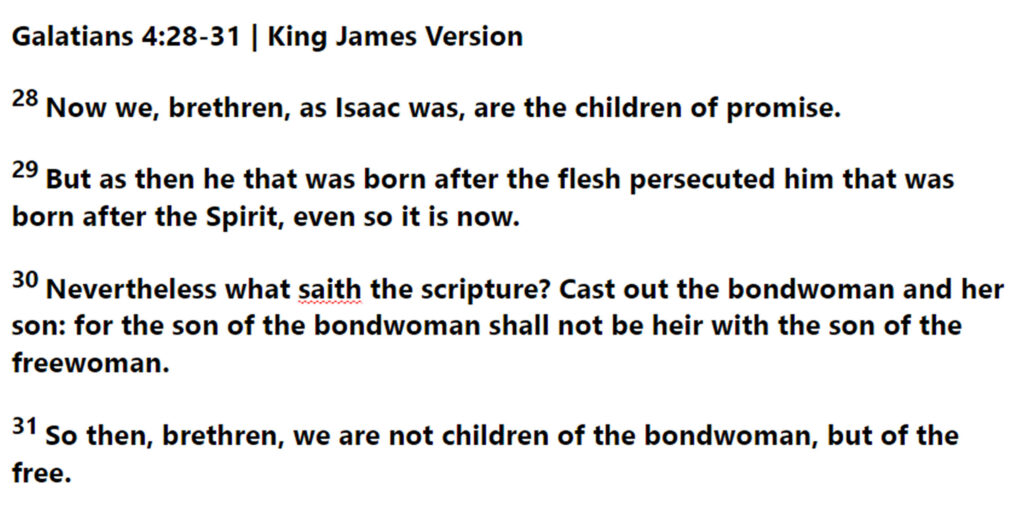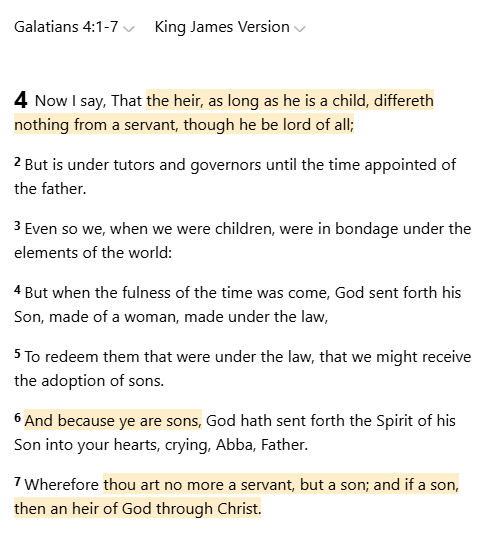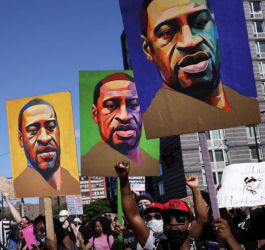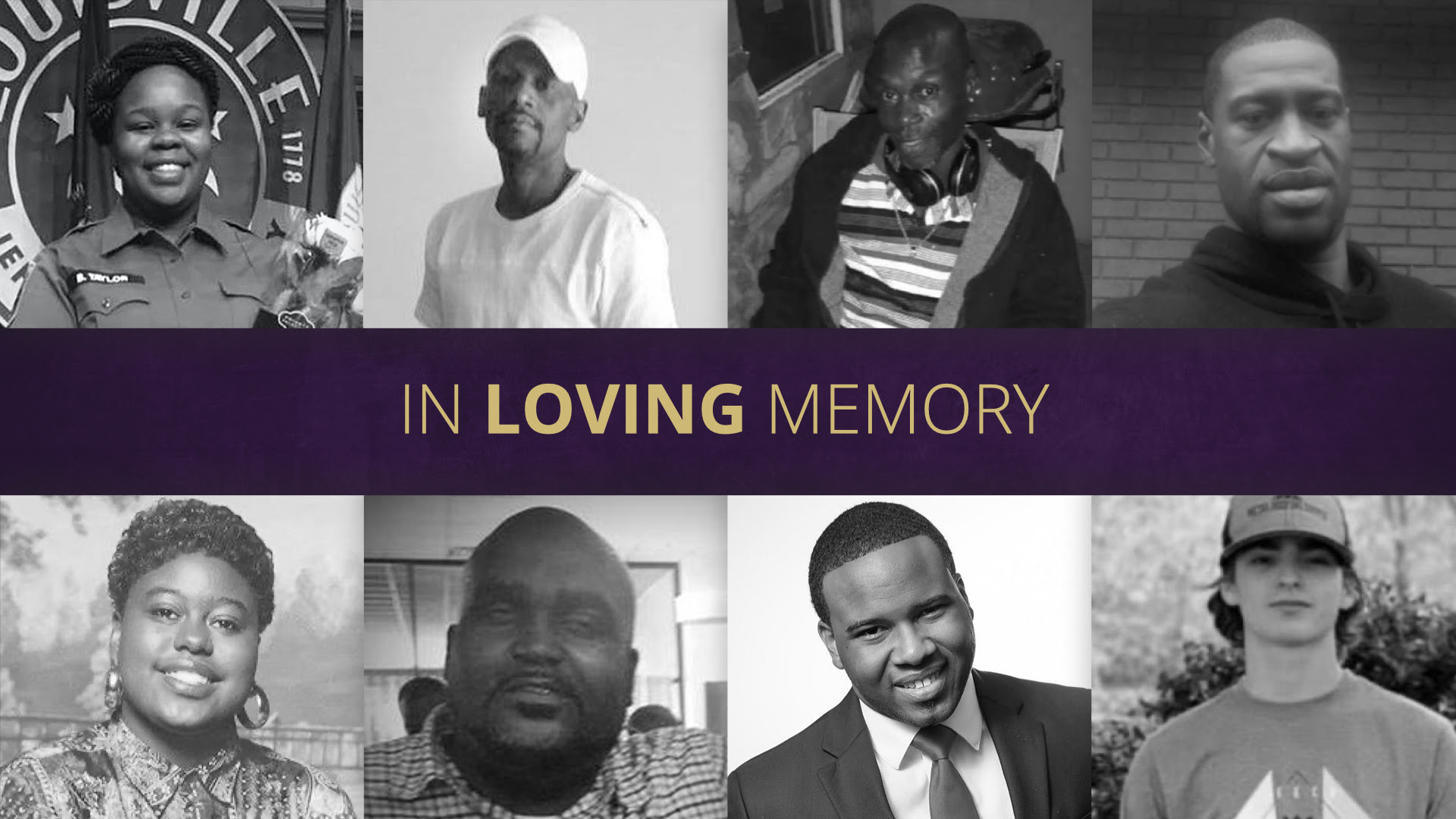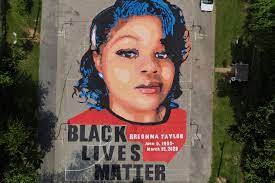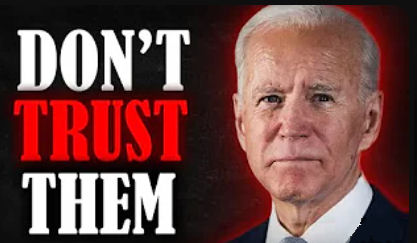WCG-DC archive of training videos.
Community Training
Diplomacy 101 Łįį’ Diné Horse as Healer, Educator & Metaphor
The Dance of Intuition & Intention: For the Diné (Navajo), the horse is central to their creation story, land management, entertainment, work, and k’e (family and clanship systems). In her talk, Kelsey John positions horses as knowers who can promote healing within their communities, even possibly by challenging the power structures inherent in colonization.
Militant Nonviolent Civil Disobedience Training
Join us in the park as we sit in on a militant nonviolent civil disobedience training with Rev. Osagyefo Sekou. You will be needing it soon. We learn how to dodge bullets, tear gas, pepper spray, protect yourself from batons and what to do if you are arrested. After this we go a little deeper into mass resistance theory with a segment from Lisa Fithian’s training session given last November 30th at the WTO Plus 30 event at Seattle Town Hall.
Road Warriors: How to Survive Police encounters
I Don’t Answer Questions – How to survive a police encounter
Pot Brothers at Law – script for police encounters
Strategy 101: Situational Awareness
“The haft of the arrow had been feathered with one of the eagle’s own plumes. We often give our enemies the means of our own destruction.” – Aesop
Strategies for debt rebellion | Economic Update
15:00 – Debt Rebellion! The Debt Collective offers strategies for debt relief actions; economic disobedience & debt abolition, in terms of economic activism. Two key points; 1) debt rebellion actions can have the same mobilizing effect as labor struggle actions & 2) recent debt rebellion actions have been more successful at movement generation than the critics expected them to be because our debts are somebody else’s assets that can become a source of power when we come together in solidarity. Wolff interviews Astra Taylor, filmmaker and debt rebellion activist. Astra Taylor is a writer, filmmaker, and co-founder of the Debt Collective, a union for debtors. Her new book is Remake the World: Essays, Reflections, Rebellions. Social Media: Twitter: @astradisastra.
Professor Richard Wolff is an American Economist, known for his work on economic methodology and class analysis. He is Professor Emeritus of Economics at the University of Massachusetts Amherst, and currently a Visiting Professor in the Graduate Program in International Affairs of the New School University in New York. Wolff has also taught economics at Yale University, City University of New York, University of Utah, University of Paris I (Sorbonne), and The Brecht Forum in New York City.
UN Training
Peaceful Assembly
UN Training Package on Reporting to the United Nations Human Rights Treaty Bodies
The Training Guide is part of a comprehensive training package on human rights treaty reporting with an emphasis on procedural aspects of reporting, which is developed by the Treaty Body Capacity Building Programme pursuant to General Assembly resolution 68/268.
A corresponding online training on treaty reporting can be taken.
The Training Guide is divided in two parts, which complement each other:
Part I – The Manual – provides concise information about the United Nations human rights system and detailed information on the Treaty Bodies reporting process, including procedures and requirements. It also includes chapters on preparation of reports at national level and on National Mechanisms on Reporting and Follow-up- NMRFs (as per the already published OHCHR Practical Guide and Study on such mechanisms). A specific section as well as a checklist in Annex 2 are dedicated to the role of other stakeholders, the UN system, NHRI and CSOs in the reporting process.
Part II – The Facilitator’s Guide – aims to assist facilitators in preparing and delivering a training course on treaty reporting. It includes facilitators’ notes, session plans, computer slide presentation, videos, quizzes and so forth.
All material is protected by copyright (© 2017 United Nations).
Training Guide Part One – The Manual (English)
Training Guide Part Two – The Facilitator’s Guide (English)

